World Mental Health Day x Black History Month
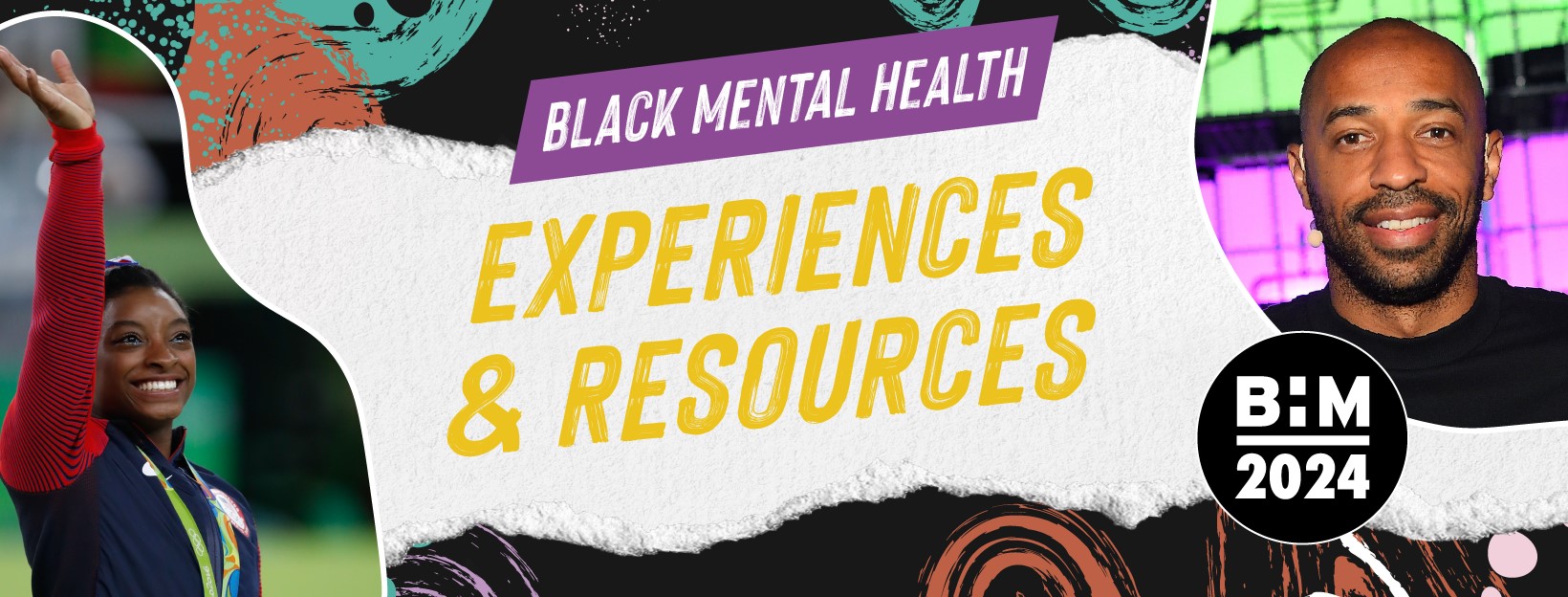
World Mental Health Day is all about raising awareness of mental health difficulties, normalising conversation about our experiences, and increasing access to effective support. This is crucial to everyone as mental health challenges effect people of all races, ages, and walks of life.
Research shows that in the UK, Black adults have the lowest mental health treatment rate of any ethnic group, despite being the highest sufferers of depression, psychosis and PTSD. Although there are many factors which contribute to this, the cultural expectation in many Black communities that talking about poor mental health is a sign of weakness can prevent people from even attempting to reach out for support.
As part of Black History Month, we’ve put together some resources to showcase the variety of mental health experiences amongst Black people. We want to reduce the stigma around expressing mental health difficulties by showcasing those who have had the strength to open up.
Whether you decide to listen to a podcast on your journey home, or discuss a show as part of your team meeting, we’d love to hear your thoughts about any of the resources we’ve shared! And if you have some other great resources, please share them with us! Email EDI@creativesupport.co.uk.
Documentaries
David Harewood: Psychosis and Me
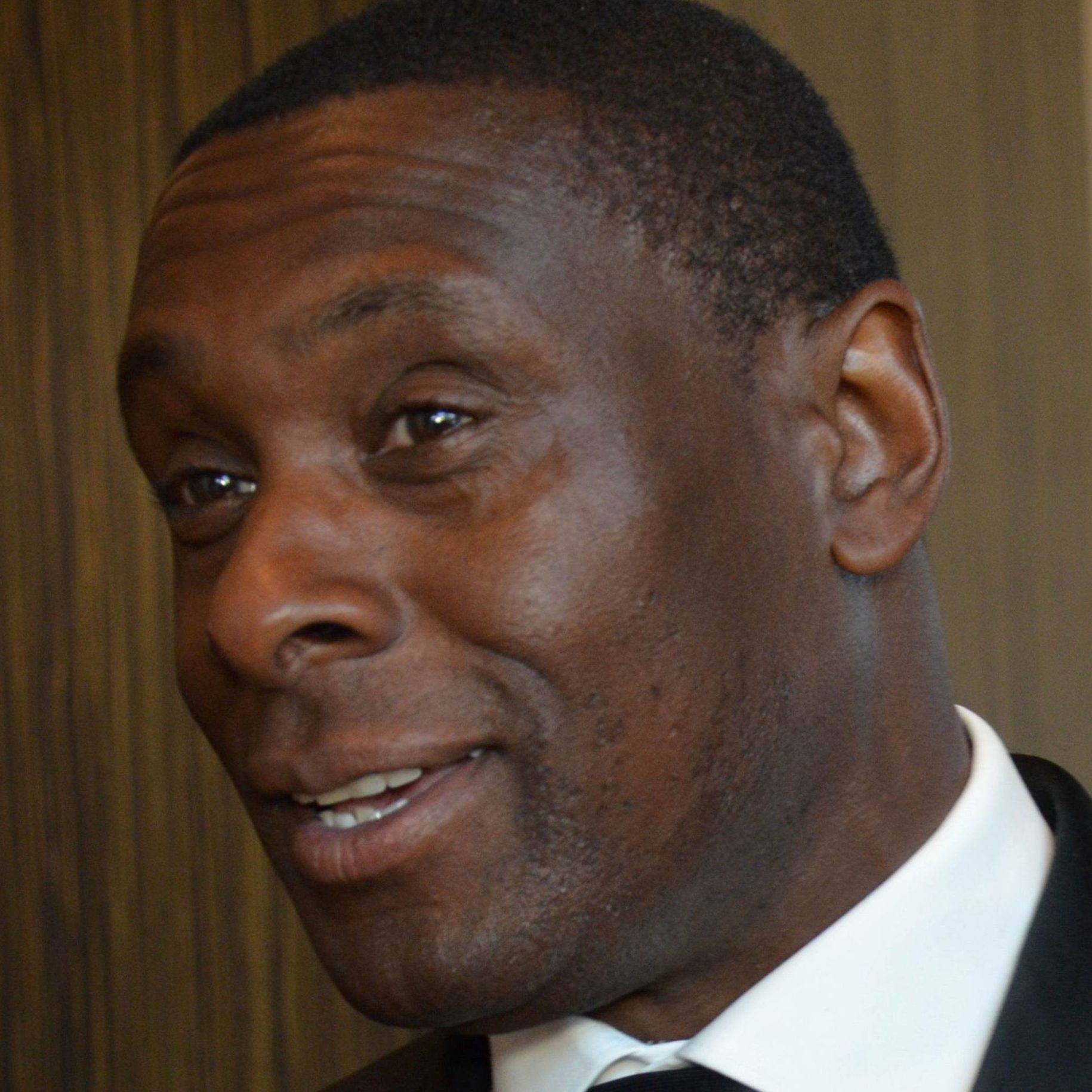
David Harewood is a British actor and presenter. Before his media career began, Harewood experienced a psychotic breakdown and was sectioned under the Mental Health Act. In this documentary, he talks openly about his experience and explores how racism and his search for belonging as a Black British man impacted his mental health.
Konan: Trapped in Trauma UNTOLD
Konan, a member of rap duo ‘Krept and Konan,’ works with a therapist to learn more about the Post Traumatic Stress Disorder he has lived with since the death of his stepfather. He explores age, masculinity and race, and connects with people across the country also suffering with the condition.
Simone Biles Rising
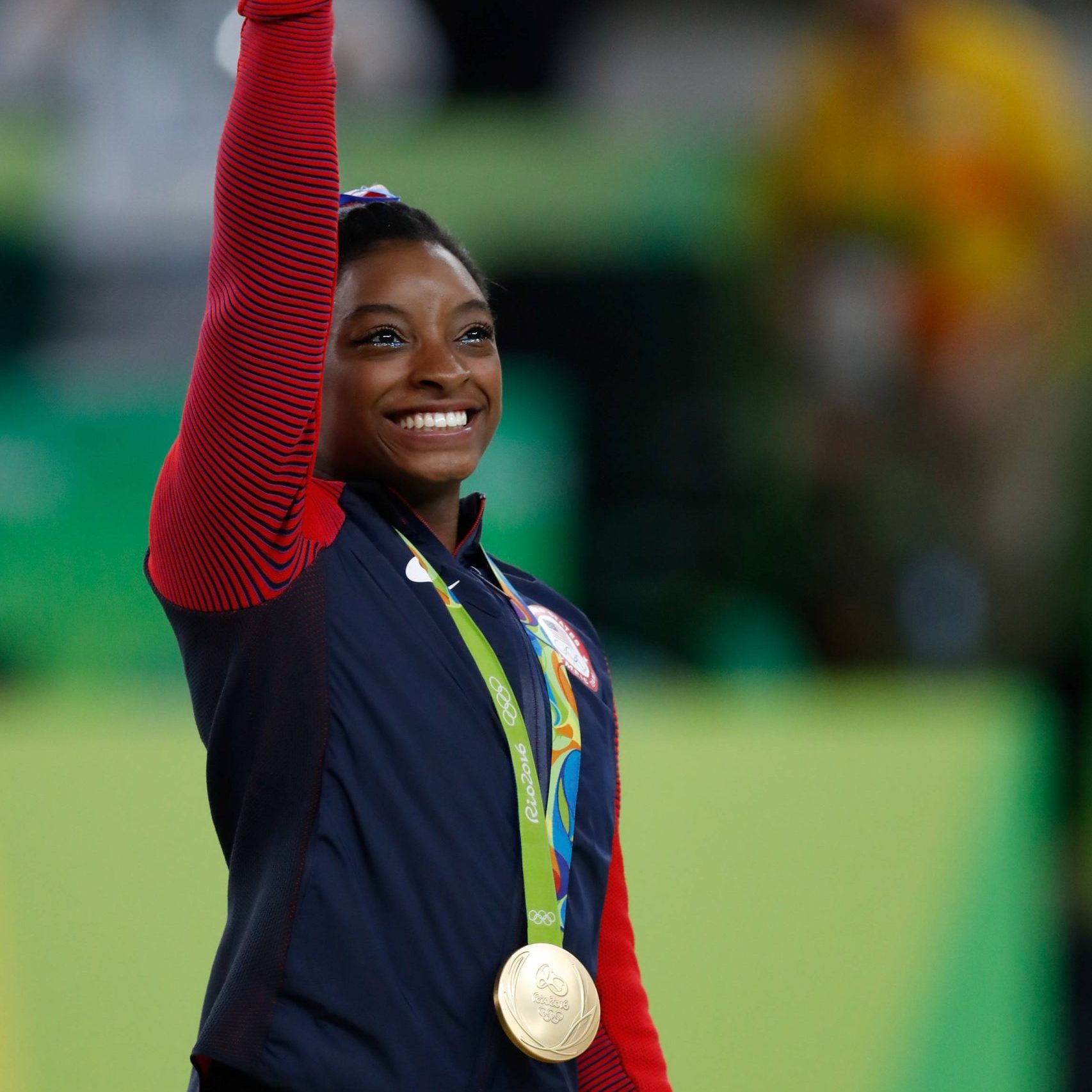 Having won 10 Olympic medals (including 7 gold) and 30 World Championship medals, Simone Biles is one of the greatest gymnasts in history. In this Netflix special, she opens up about her mental health struggles during the height of the Tokyo 2020 Olympics, and her journey back to health and competing.
Having won 10 Olympic medals (including 7 gold) and 30 World Championship medals, Simone Biles is one of the greatest gymnasts in history. In this Netflix special, she opens up about her mental health struggles during the height of the Tokyo 2020 Olympics, and her journey back to health and competing.
Podcasts
Diary of a CEO: Thierry Henry
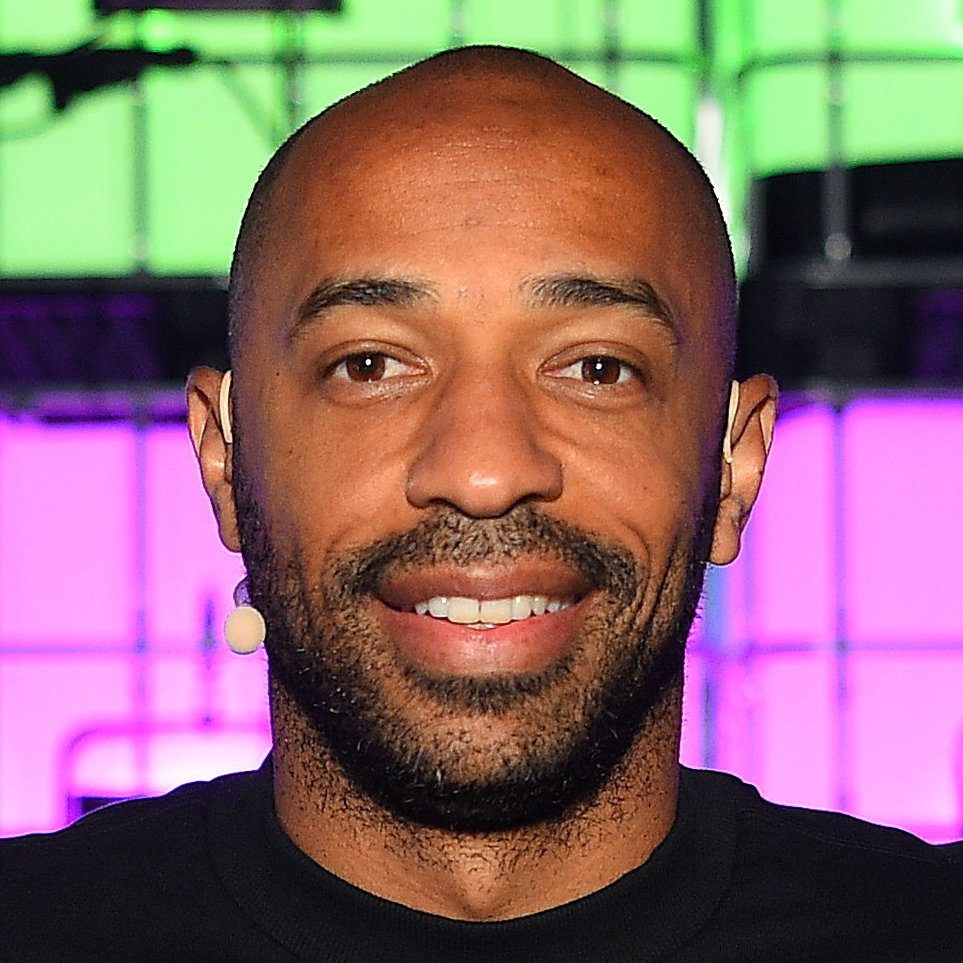 In this episode, Steven Barlett interviews Thierry Henry, a French professional football coach and broadcaster. Henry opens up about his struggles with depression and carrying the weight of familial expectation.
In this episode, Steven Barlett interviews Thierry Henry, a French professional football coach and broadcaster. Henry opens up about his struggles with depression and carrying the weight of familial expectation.
Mentally Interesting: The Myth of the Strong Black Woman
‘Access All’ is a BBC platform which houses podcasts, articles and resources based around disability and mental health news. In this podcast episode, hosts Mark Brown and Seaneen Molloy speak with author and researcher Dr Rianna Walcott about her experiences as being perceived as a ‘strong Black woman,’ and how this hindered her efforts to receive mental health support.
Black Beetle Health Podcast Ep. 3: Therapy is Not Just a White Thing
 Black Beetle Health is a public health charity dedicated to addressing health inequalities for LGBTQ+ Black and People of Colour in the UK. Their podcast promotes wellbeing for LGBTQ+ communities of colour, and this episode in particular features advice and tips for accessing mental health support from a counsellor and psychotherapist.
Black Beetle Health is a public health charity dedicated to addressing health inequalities for LGBTQ+ Black and People of Colour in the UK. Their podcast promotes wellbeing for LGBTQ+ communities of colour, and this episode in particular features advice and tips for accessing mental health support from a counsellor and psychotherapist.
Books and Articles
David Harewood on Racism and Psychosis
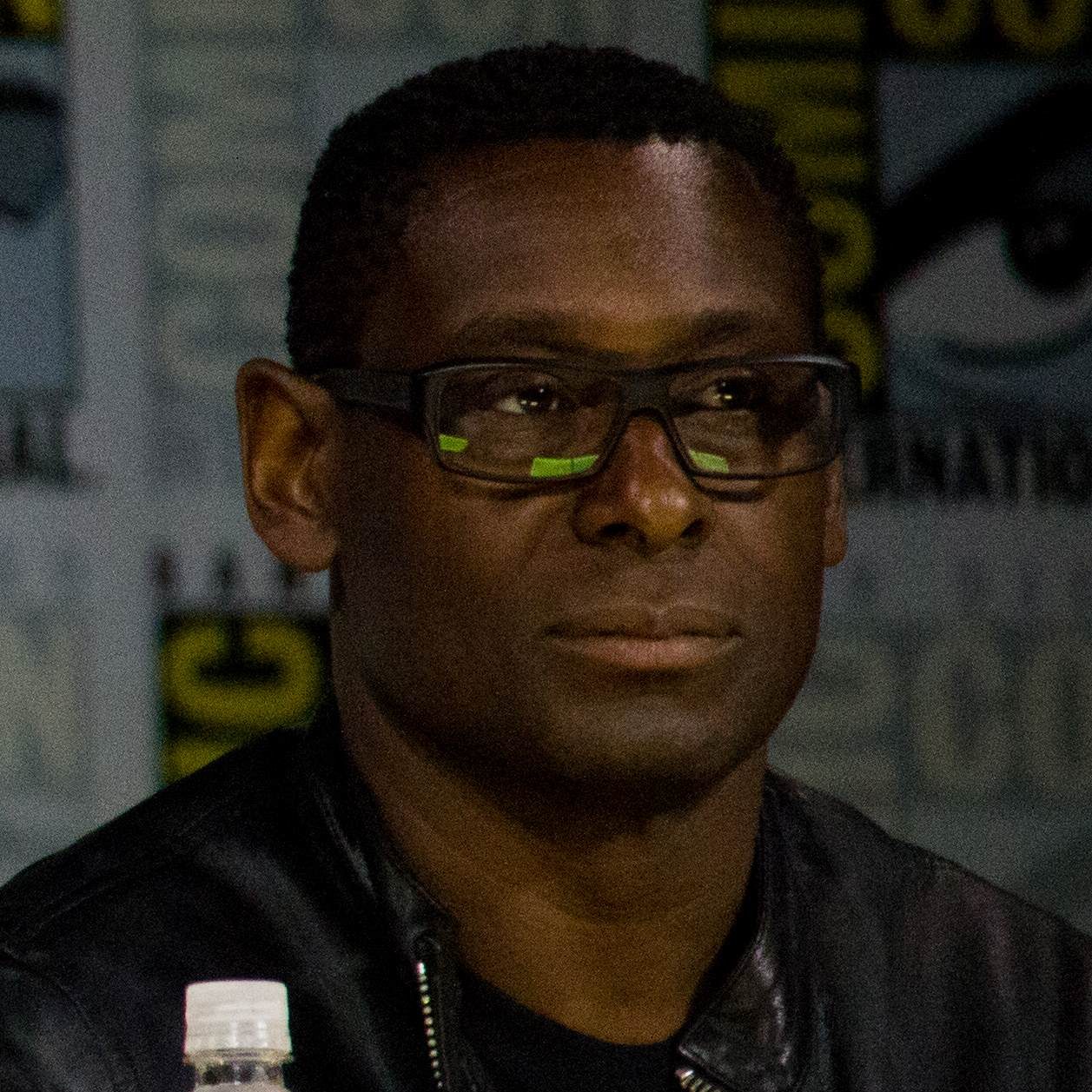 We shared David’s documentary earlier in this article, but he has also written about his experiences in an article for The Guardian! If you prefer to read rather than watch a documentary, you can read about his experiences here.
We shared David’s documentary earlier in this article, but he has also written about his experiences in an article for The Guardian! If you prefer to read rather than watch a documentary, you can read about his experiences here.
Defying the Verdict: My Bipolar Life
Whist studying her English major, Charita Cole Brown was diagnosed with a severe case of bipolar disorder. Her memoir documents her journey through the stigma attached with her diagnosis, but not letting it hold her back from living the life of her dreams.
“People who know nothing about my mental health history sometimes speak quite pejoratively in my presence about those who suffer with bipolar. Some people expect those suffering with bipolar disorder to swing from chandeliers and exhibit all manner of outrageous behaviour, continuously.”
